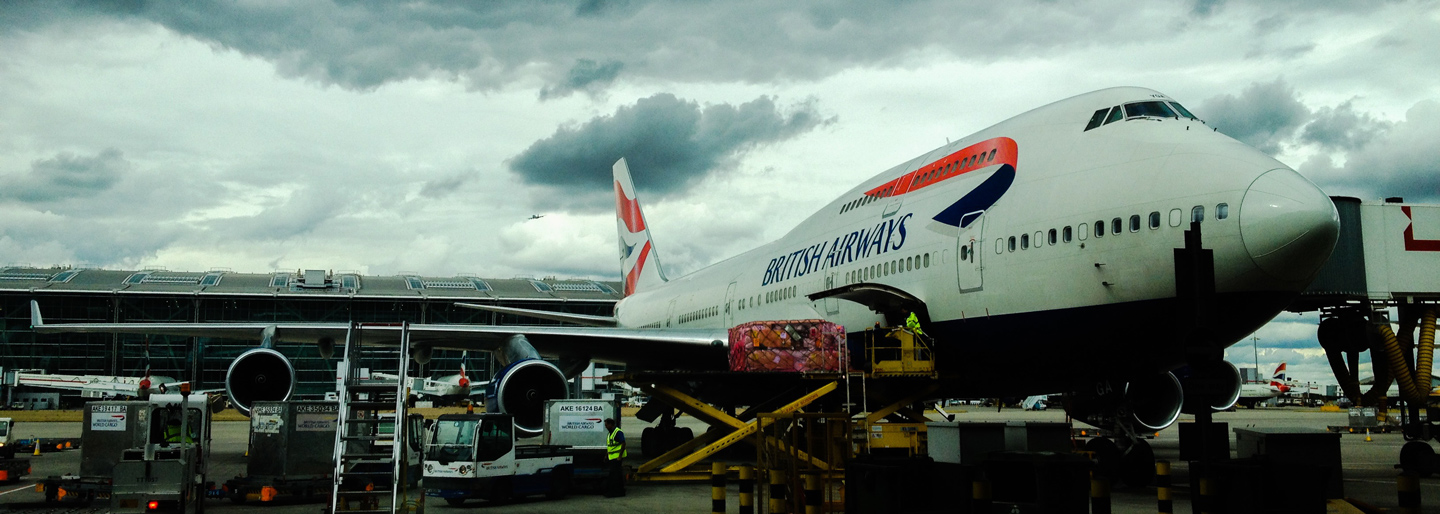Importing after the Brexit decision is bound to change; exactly how it will change is still unclear at this stage. The Brexit vote means that the United Kingdom will be leaving the European Union. What this practically means for importers in the United Kingdom, at this stage, is uncertain as there are no agreed upon terms for the exit.
The exact details of the separation are still unclear. Under the Lisbon Treaty, there is an agreement that gives the United Kingdom and the European Union a time frame of two years to agree upon the details of the exit.
This means that the effects on importing into the UK are unlikely to be outlined until next year at best. It is fair to expect that it will take even longer for the new policies and regulations to be implemented.

So what were the rules about importing while the UK was in the EU?
As a member of the EU, the UK benefitted from the agreement on the free movement of goods between EU countries. This meant that when you imported into the UK from another EU member state, there were no import duties, taxes or customs clearance.
After the Brexit decision, the import relationship with non-EU countries will not change. The only difference will be if the EU makes trade agreements with non-EU countries, the UK will be left out. However, in regard to your transportation, you will still need to custom clear your goods, provide a commercial invoice and pay import duties.

So what can we expect the changes to be?
There are a few different ways the imports into the UK from the EU will change.
Firstly, the UK and the EU are likely to develop some bilateral agreements, or the UK can become a member of the European Economic Area (EEA) and/or the European Free Trade Association (EFTA) along with its 4 already existing non-EU members (Norway, Liechtenstein, Switzerland and Iceland).
Whilst this arrangement may give some lenience for taxes associated with imports, the transport process when importing will still change.
You may need an import license to import certain goods into the UK. You will need to declare your import to customs and pay for customs clearance. You will need a commercial invoice that outlines the commodity codes of the items you are importing as well to determine the duty payable on your import.
Essentially, you can expect that your import will be more expensive. However, the amount it is expected to increase is still to be determined so watch this space.
Read about Exporting After Brexit here.